
The Dawn of Genetic Healing: A New Hope for Huntington’s Disease
Rewriting the Story of Huntington’s Disease: The Dawn of Gene Therapy and the Promise of Healing
For generations, Huntington’s disease has been known as one of the most devastating inherited disorders—a relentless condition that slowly strips away movement, memory, and identity. Families have watched helplessly as it passes from one generation to the next, leaving a trail of grief and fear. The best available medications could only manage tremors, anxiety, or mood swings, offering brief relief while the disease continued its steady advance. But a new scientific breakthrough may be rewriting that tragic story.
In a development once thought impossible, researchers have now slowed the progression of Huntington’s disease using an experimental gene therapy known as AMT-130. This cutting-edge treatment directly targets the defective gene that produces the toxic huntingtin protein, the very substance that damages brain cells. In early trials, patients experienced an astonishing 75 percent reduction in disease progression, and many even showed improvements in movement, cognitive sharpness, and emotional stability. For the first time in history, a therapy has interrupted the biological chain reaction that drives Huntington’s.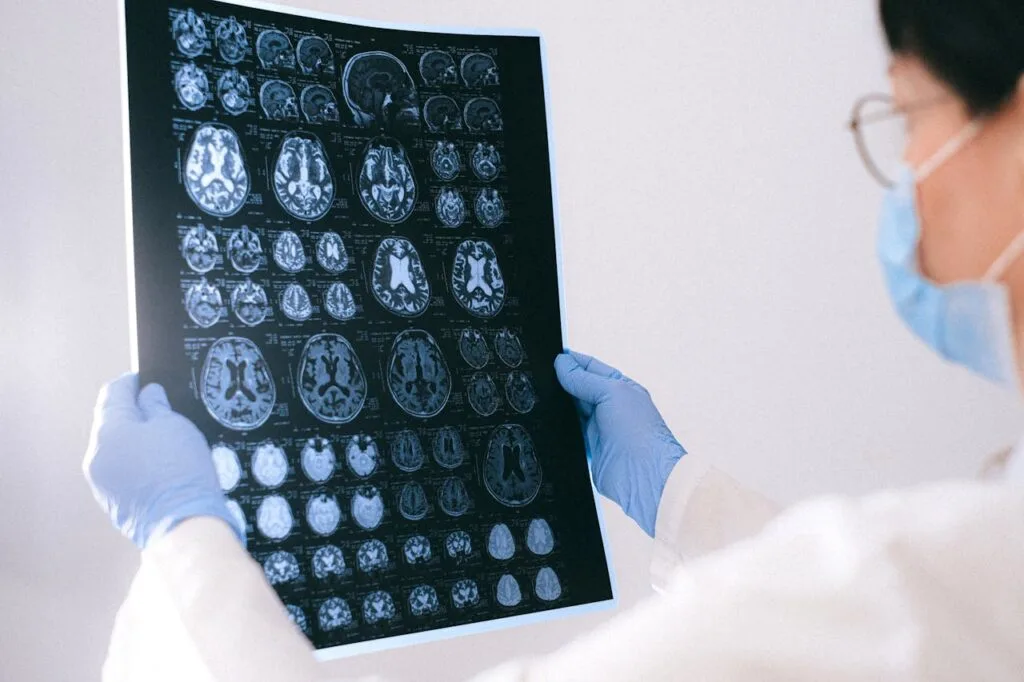
The implications reach far beyond clinical data. For patients, this breakthrough represents something immeasurable: time. Time to walk without trembling, to speak without faltering, to laugh and remember without confusion. For families who have lived under the shadow of inevitable decline, it is the first real glimpse of lasting hope—hope that dignity and independence might endure.
A Turning Point in Huntington’s Treatment
Huntington’s disease is caused by a genetic mutation that forces the body to produce an abnormal protein—mutant huntingtin—which gradually destroys neurons in critical brain regions that control movement and cognition. Traditional therapies could only soothe symptoms, never touch the cause.
AMT-130 changes that paradigm. Using advanced neurosurgical delivery, doctors infuse the therapy directly into the brain’s movement centers, where it silences the defective HTT gene. This molecular “off switch” drastically reduces the production of the toxic protein, giving neurons a chance to survive and even recover function.
In early trials across the United Kingdom and Europe, patients treated with AMT-130 showed slowed degeneration and measurable gains in coordination, speech clarity, and thought organization. MRI scans confirmed that key brain areas—especially those governing motor control—remained far more stable than in untreated participants.
Beyond the physical improvements, doctors noted emotional transformation: greater calmness, sharper focus, and restored self-confidence. Such outcomes reveal the deep link between biology and identity, and highlight how modern medicine is beginning to address both body and mind in unison. Each small step of stability becomes a step toward reclaiming autonomy—a victory against a disease long considered unstoppable.
Inside the Science of Gene Therapy
Gene therapy represents one of the most revolutionary frontiers in medicine. Rather than merely masking symptoms, it rewrites the body’s genetic instructions to correct disease at its source. For Huntington’s, that means silencing the gene that triggers the toxic protein cascade, allowing the brain to heal itself naturally.
AMT-130 uses a harmless viral vector—a microscopic delivery capsule—to carry corrective genetic material into neurons. Once inside, it neutralizes the harmful message from the defective gene, reducing the overproduction of mutant huntingtin. This enables brain cells to restore balance, communication, and energy metabolism. Because the therapy may last for years with a single administration, it represents a long-term shield rather than a temporary bandage.
Early data reveal biochemical markers of progress: improved brain metabolism, reduced inflammation, and healthier neuron signaling. Patients describe steadier movements, sharper focus, and renewed emotional well-being—evidence that the therapy might not only slow decline but initiate subtle recovery at the cellular level.
Though trials remain in their early stages, neurologists worldwide are cautiously optimistic. The consistency of the results suggests that gene therapy could become a platform for treating other inherited neurological disorders—ushering in a new era where medicine doesn’t just treat disease, but transforms it.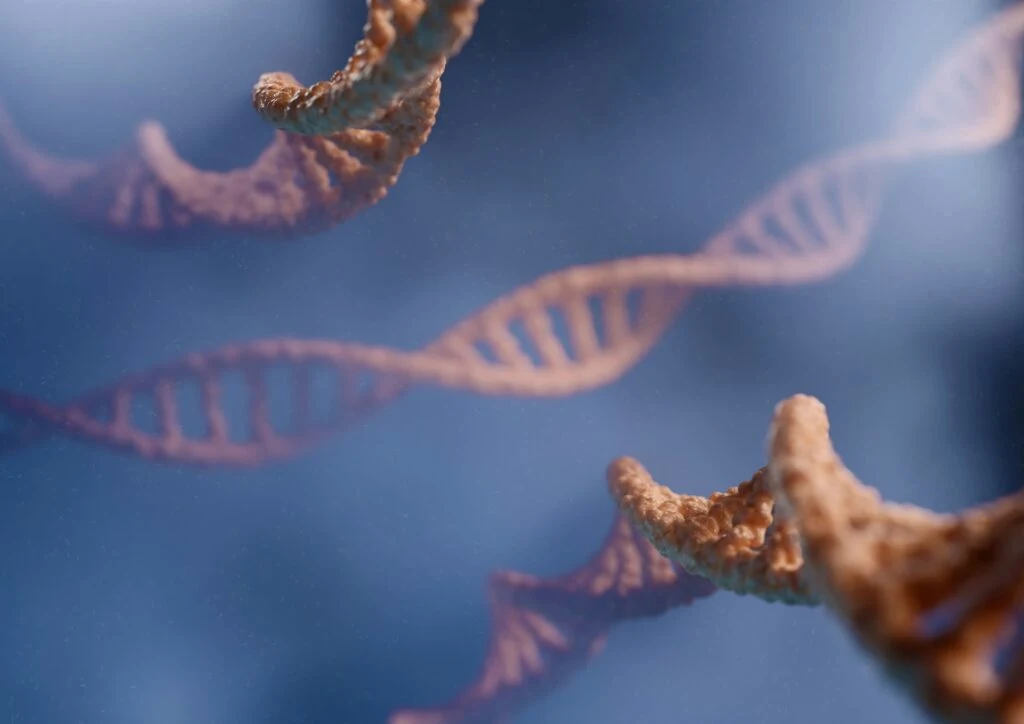
Why This Discovery Could Reshape Modern Medicine
The success of AMT-130 extends far beyond Huntington’s disease. It demonstrates that targeted genetic correction in the human brain is not only possible but safe and effective. This proof of concept could open the door to future therapies for Alzheimer’s, Parkinson’s, ALS, and other neurodegenerative conditions that have long resisted treatment.
In the decades to come, personalized genetic medicine could allow doctors to design therapies matched precisely to an individual’s DNA profile—preventing diseases before they even emerge. This shift from reactive care to proactive healing represents one of the most profound transformations in the history of medicine.
Still, such progress raises ethical and social challenges. How can we ensure these therapies remain accessible and affordable? How do we protect the privacy of genetic data? Experts argue that robust ethical frameworks must evolve alongside the science—ensuring innovation serves humanity with transparency, fairness, and compassion.
Despite these challenges, the momentum is unmistakable. Science is moving toward an age where precision medicine and human empathy work hand in hand—where the line between prevention and cure may finally disappear.
Beyond the Lab: Natural Ways to Protect Brain Health
While gene therapy could reshape the future, there are everyday ways to strengthen and protect your brain right now. Lifestyle choices profoundly influence how the brain grows, repairs, and communicates. Simple habits—what you eat, how you move, and how you rest—can build resilience and slow the natural aging process.
Here are evidence-based strategies for lifelong cognitive vitality:
-
Eat for Brain Power: Choose foods rich in omega-3 fatty acids (salmon, chia seeds, walnuts) and colorful produce high in antioxidants. These nutrients protect neurons, reduce inflammation, and improve circulation to the brain.
-
Stay Physically Active: Exercise increases blood flow and releases brain-derived neurotrophic factor (BDNF), which supports neuron growth and plasticity. Regular movement—from brisk walks to yoga—keeps both mind and body agile.
-
Support the Gut–Brain Connection: A balanced gut microbiome enhances mood, focus, and immune defense. Add probiotic-rich foods like kefir, sauerkraut, and kombucha to nourish beneficial bacteria.
-
Manage Stress Wisely: Chronic stress accelerates brain aging. Practice mindfulness, deep breathing, or journaling to calm the nervous system and strengthen emotional resilience.
-
Prioritize Deep Sleep: During quality sleep, the brain clears toxins and consolidates memory. Aim for seven to nine hours nightly to maintain concentration, creativity, and emotional balance.
-
Challenge Your Mind: Lifelong learning—reading, playing music, or solving puzzles—stimulates new neural connections and keeps cognitive networks flexible.
These simple steps may not replace advanced medicine, but they empower individuals to support their own neural health—helping the brain stay strong while science races ahead.
The Promise of a Genetic Revolution
The story of AMT-130 is more than a scientific triumph; it is a testament to human perseverance and imagination. It proves that even the most entrenched diseases can be challenged when curiosity, compassion, and technology converge.
As gene therapy continues to advance, scientists envision treatments that prevent neurological decline, repair damaged tissue, and perhaps even enhance the body’s natural healing systems before illness begins. This is not just about curing disease—it’s about redefining what it means to be healthy at the most fundamental level.
Each discovery is a step closer to a world where inherited illness no longer dictates destiny. The future of healing lies not in quick fixes, but in rewriting the narrative of disease itself—one gene, one patient, and one act of courage at a time.
News in the same category


Choose a Nail to Discover What Kind of Woman You Are

Never Do These 15 Things for a Man (Even If You’re Madly in Love With Him)

Adam Sandler Sends Heartfelt Flowers to Jennifer Aniston EVERY Year On a Specific Day and Here’s Why
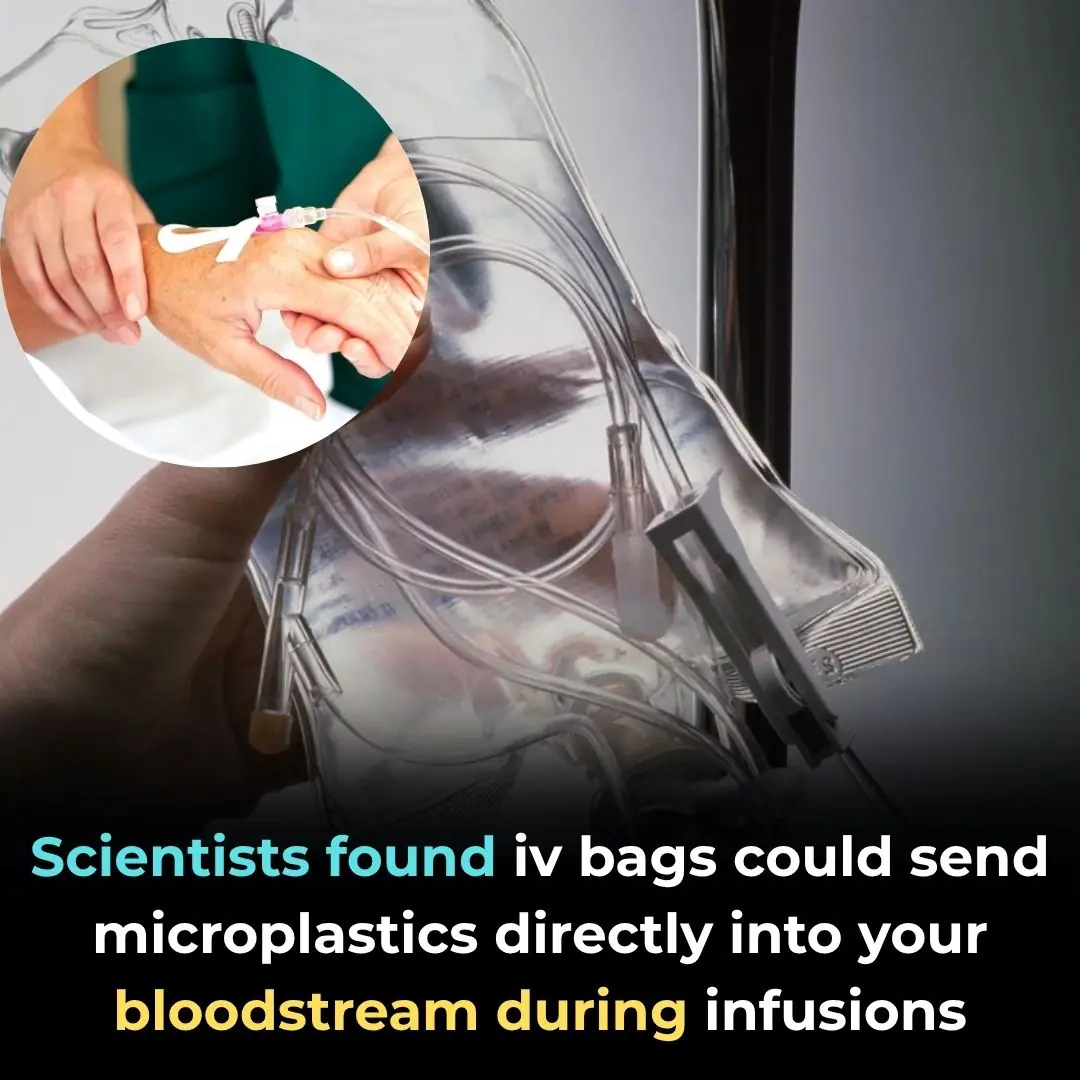
Scientists Found IV Bags Could Send Microplastics Directly Into Your Bloodstream During Infusions

The Hidden Meanings Behind Men Wearing Earring

20 Subtle Signs He’s Not as Good as He Seems
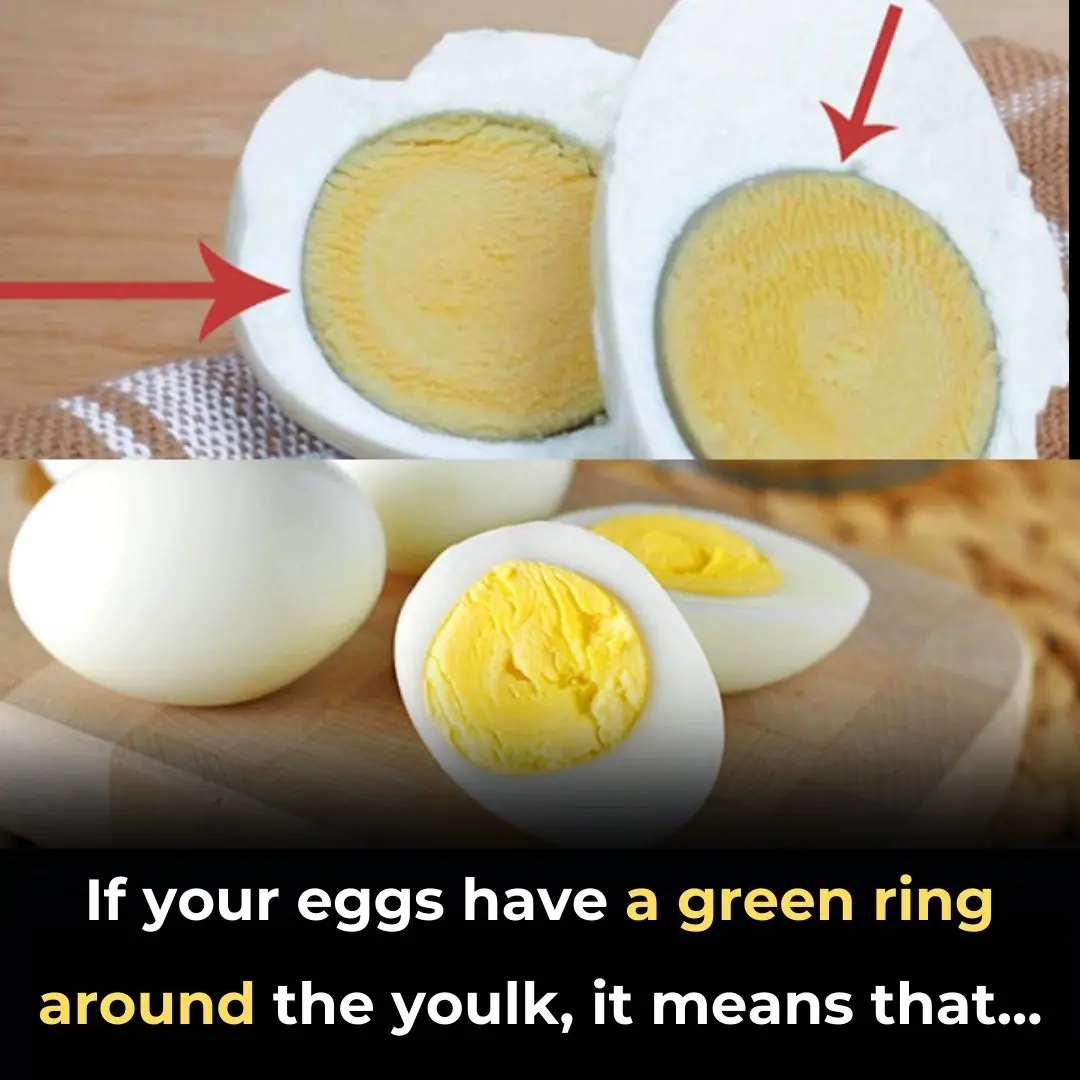
Why Your Hard-Boiled Eggs Have That Weird Green Ring

Aluminum Foil Can Help You Boost Your Wi-Fi Signal
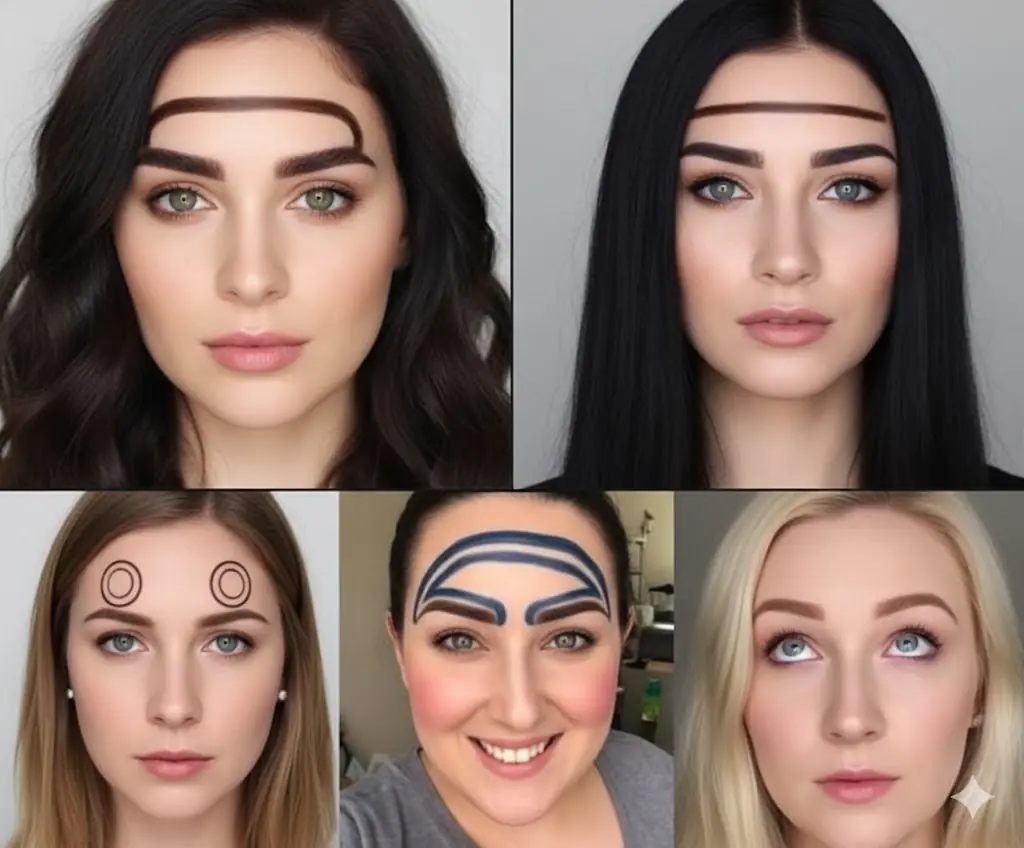
Halo Brows: The Playful, Loopy New Beauty Trend Taking Over

Inside $4,000,000,000 'mega ghost city' that's 6 times the size of New York with a fraction of the population

Why There's A Growing Trend Of Straight Men Dating Trans Women
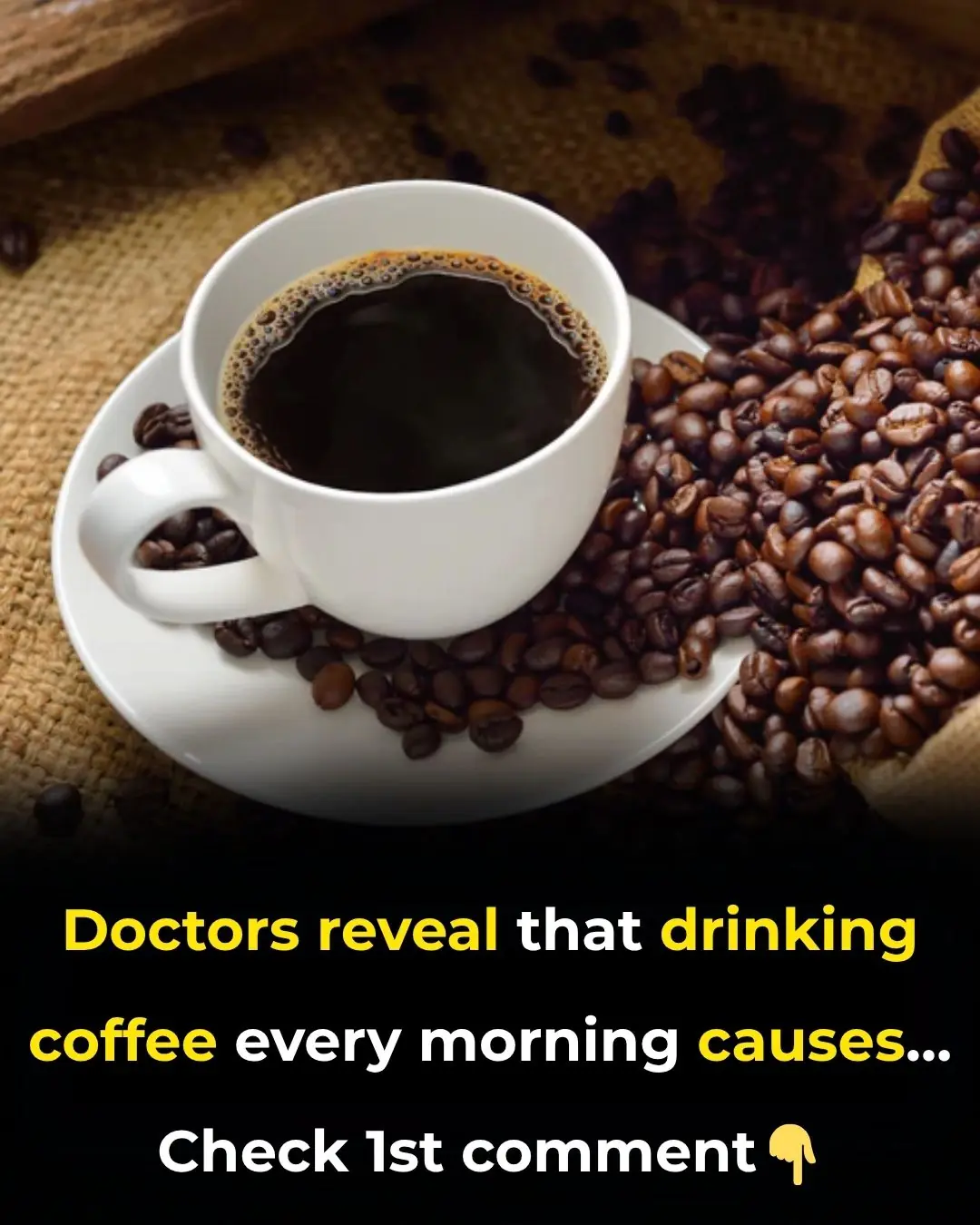
What Really Happens When You Drink Coffee Every Morning

Joseph Gordon-Levitt Urges a Global Pause on AI Superintelligence Until Safety Measures Are in Place

The Three Nations Working Together to Protect the Mayan Jungle

The Spiritual Meaning of White Butterflies in Your Home
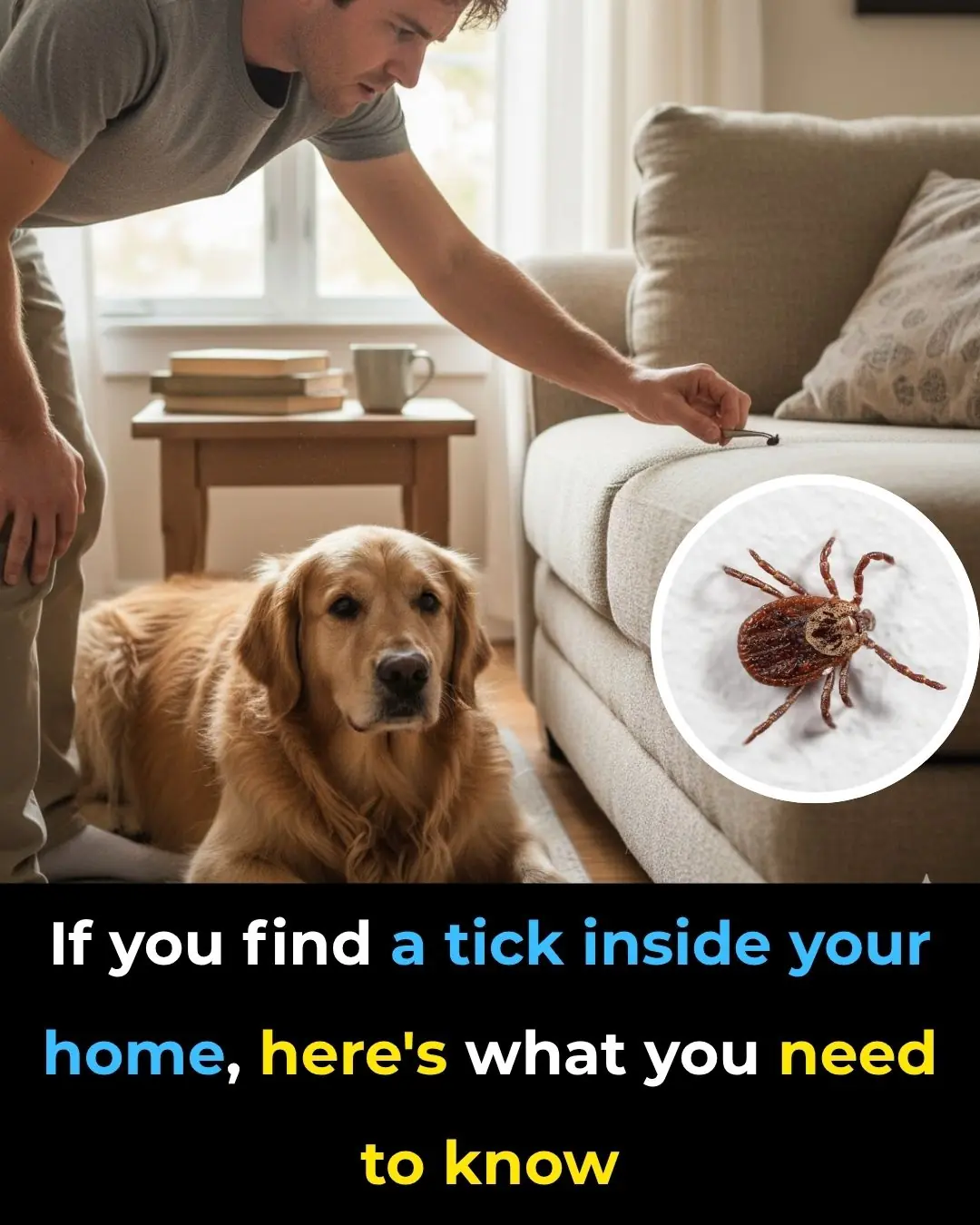
If You Find A Tick Inside Your Home, Here’s What You Need To Know

Magpie The Spiritual Meaning of an Unusual Encounter

When your dog looks at you for a long time, here's what it means according to experts...
News Post
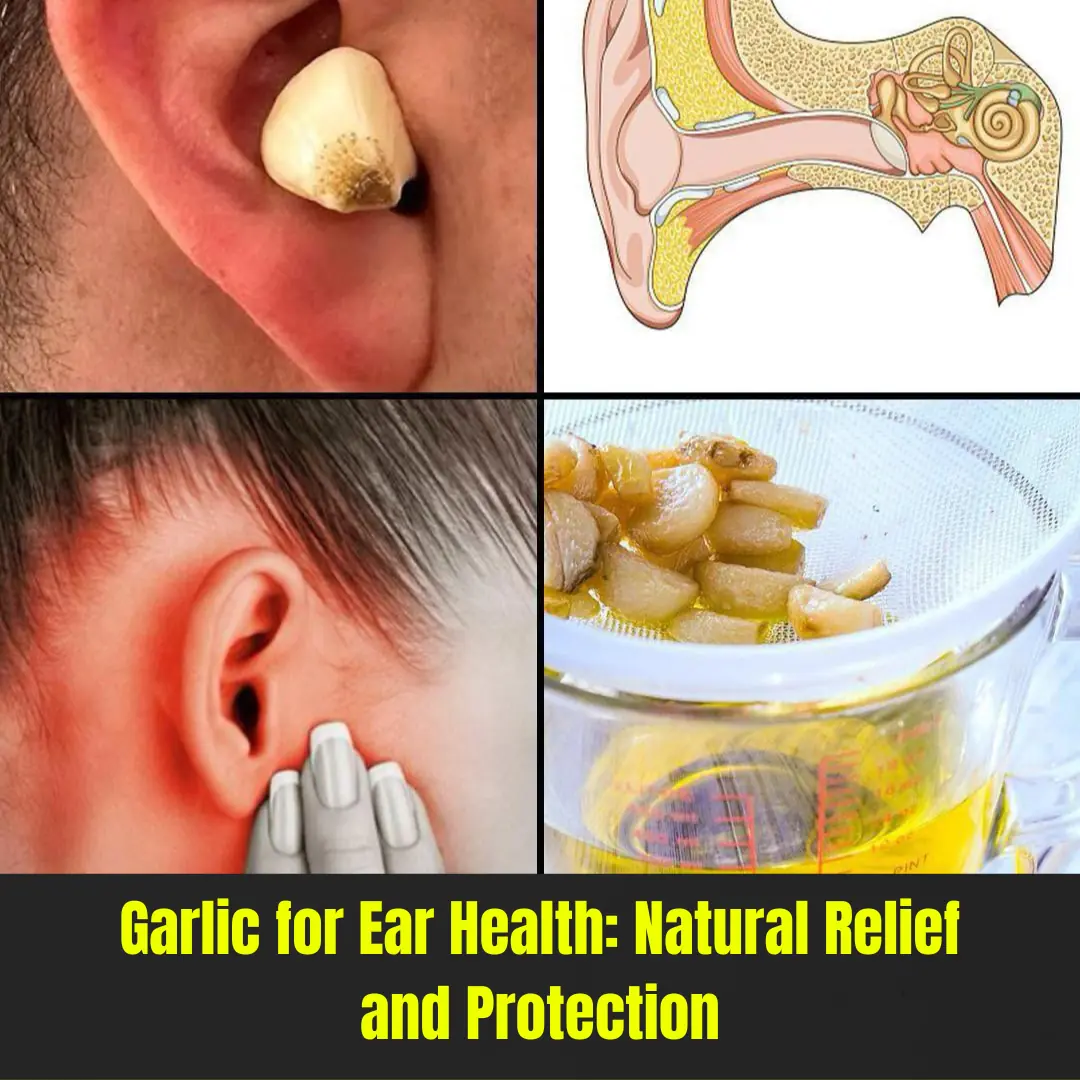
Garlic for Ear Health: Natural Relief and Protection
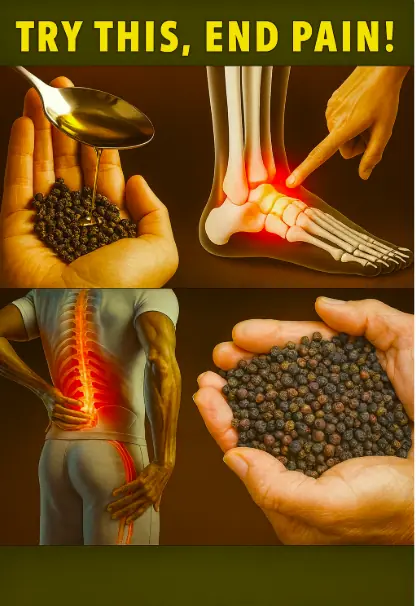
Old Doctors’ Secret: Mix Olive Oil + Black Pepper to Fix 11 Problems After 60 — See Results in 1 Week
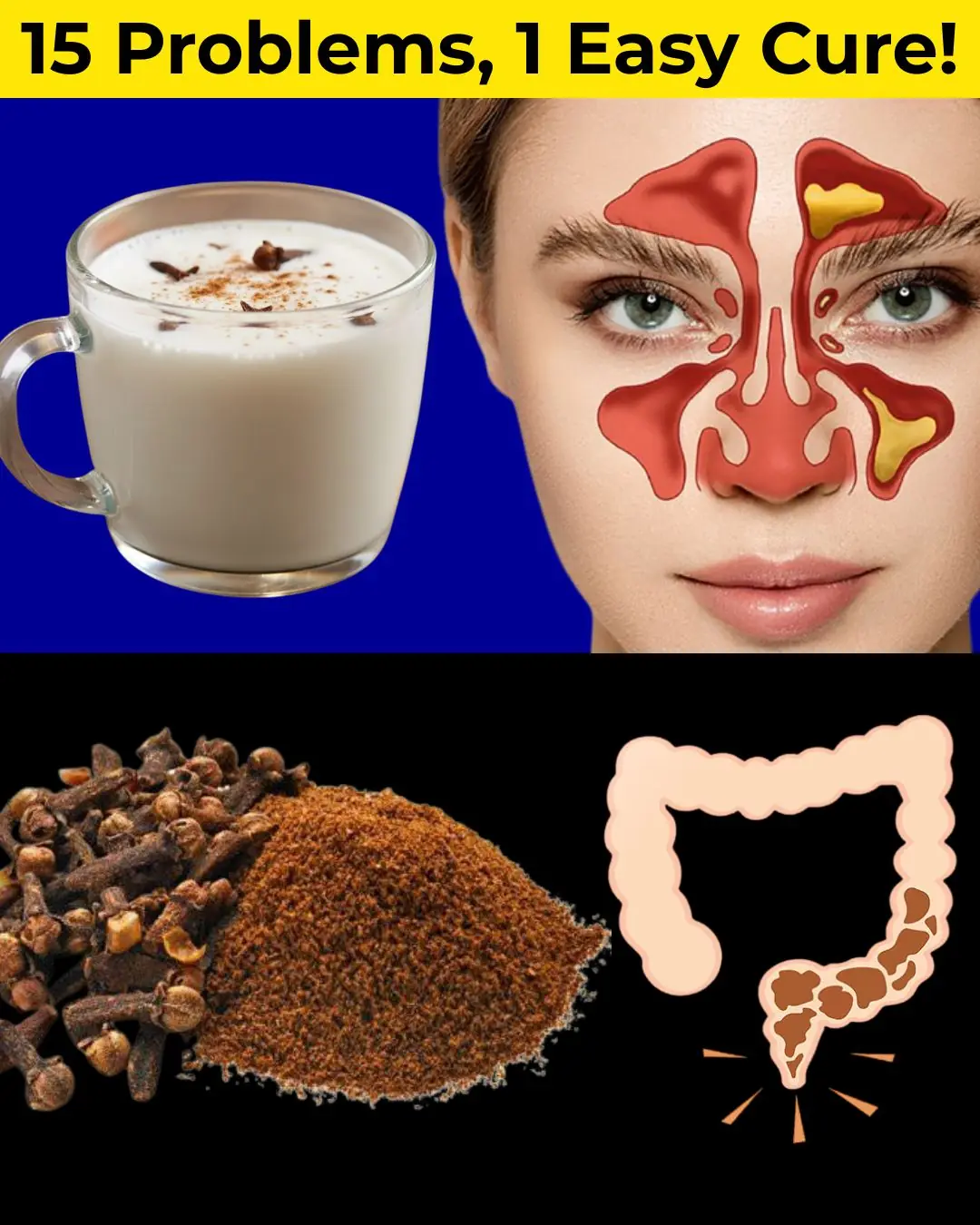
🌿 The Forgotten Healing Drink Making a Powerful Comeback
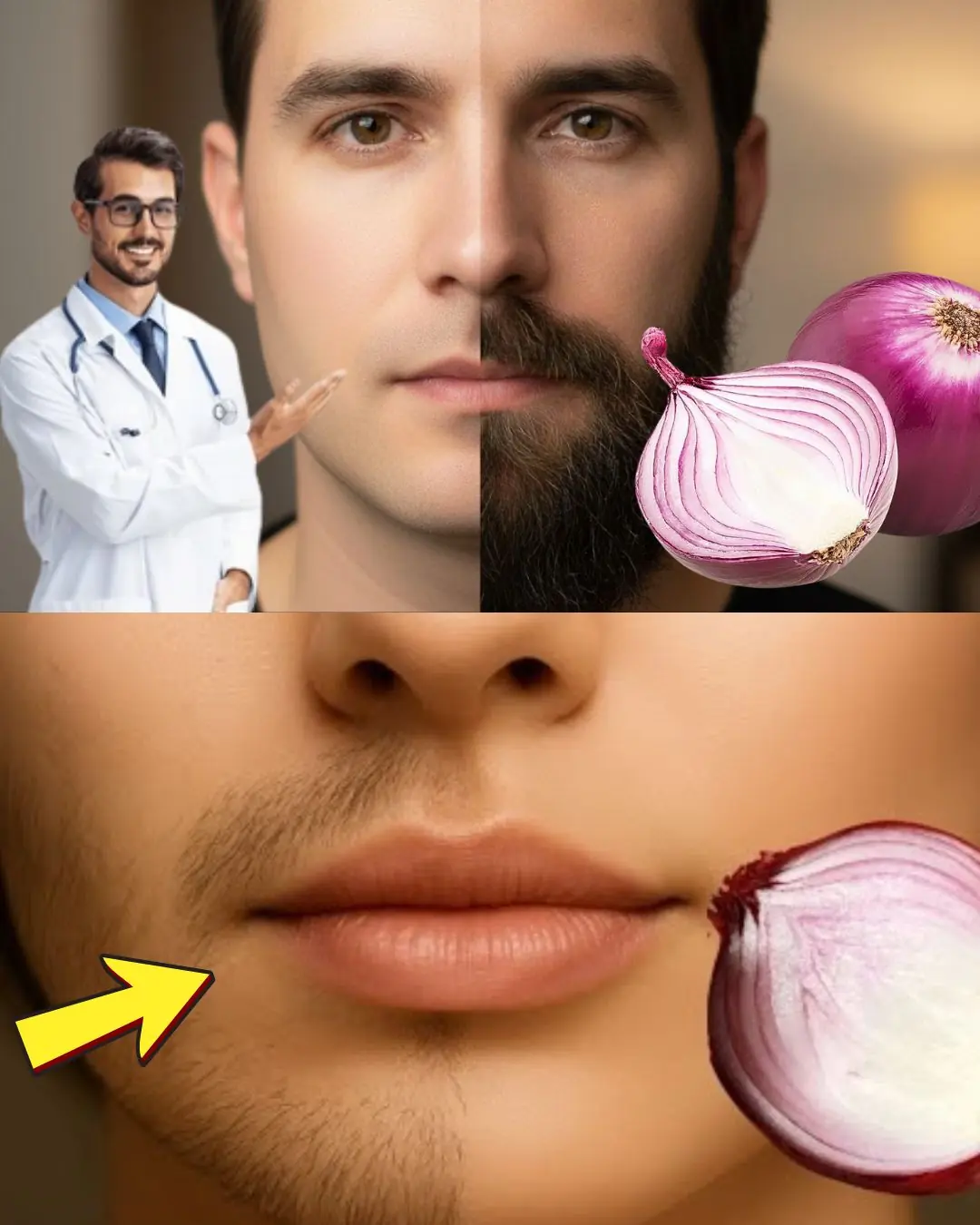
You’ll NEVER Shave the Same Again After Seeing This Onion Trick
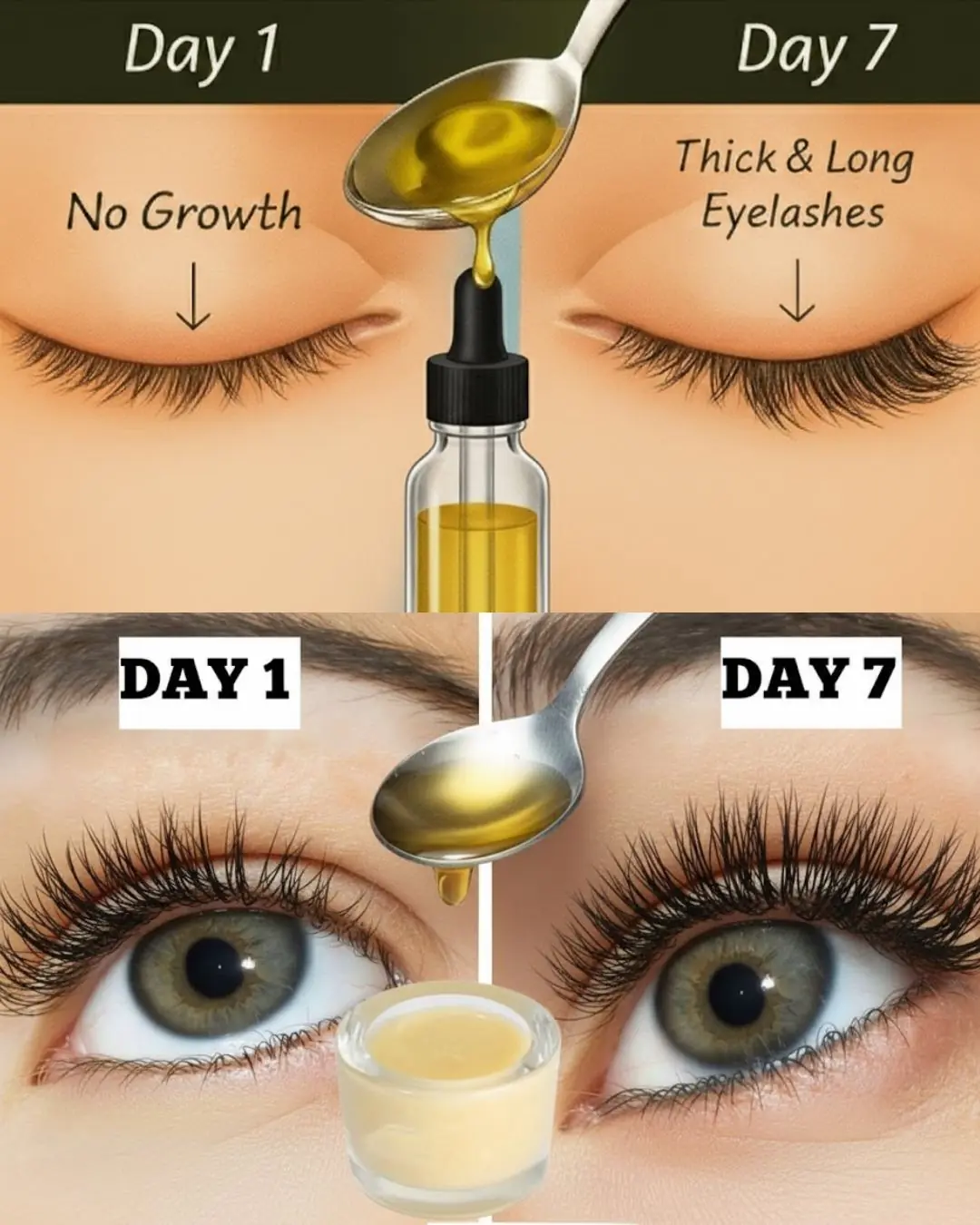
HOW I GREW MY EYELASHES IN JUST 7 DAYS — Naturally with Castor Oil

7 Essential Leaves to Naturally Improve Your Eye Health

Don’t Drink Coconut Water Before You Know These 11 Secrets!

White Clover (Trifolium repens): 15 Benefits and Homemade Uses
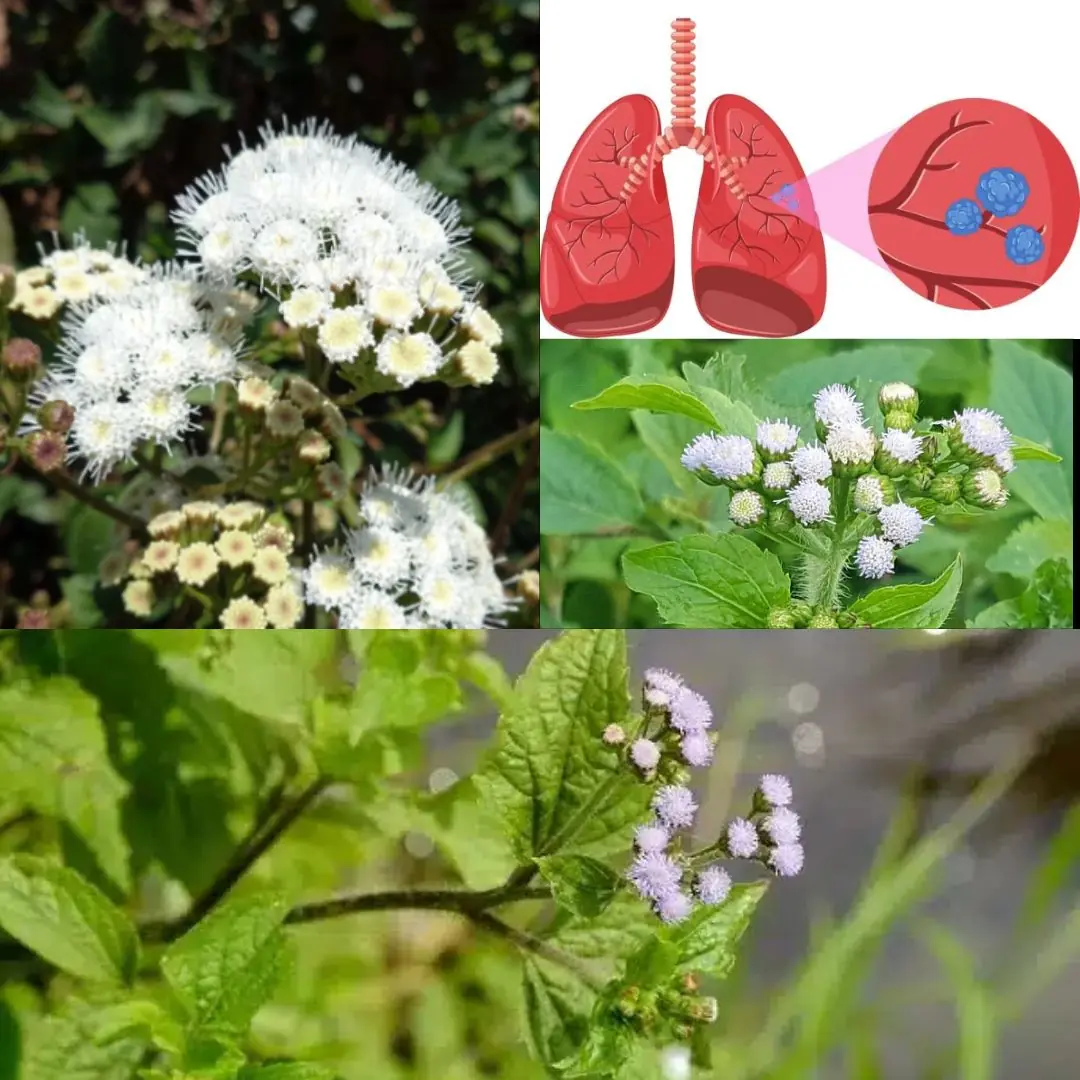
7 Benefits and Uses of Ageratum conyzoides

How often should you shower
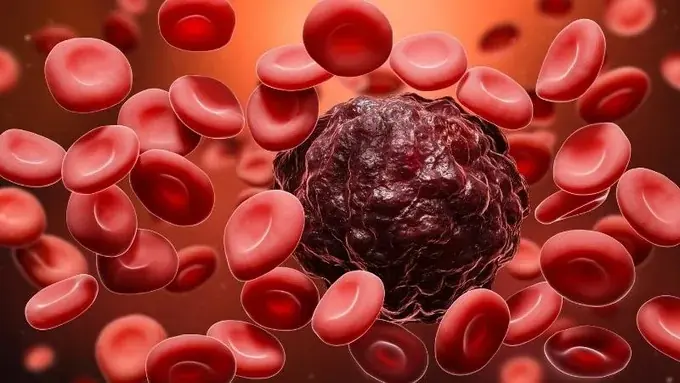
Expert, 95 Years Old with 60 Years of Cancer Research Reveals: You Must Avoid These 4 Things So Cancer Doesn’t Come Knocking

Sharp Pain in Ear: Causes, Treatments and When to See a Doctor
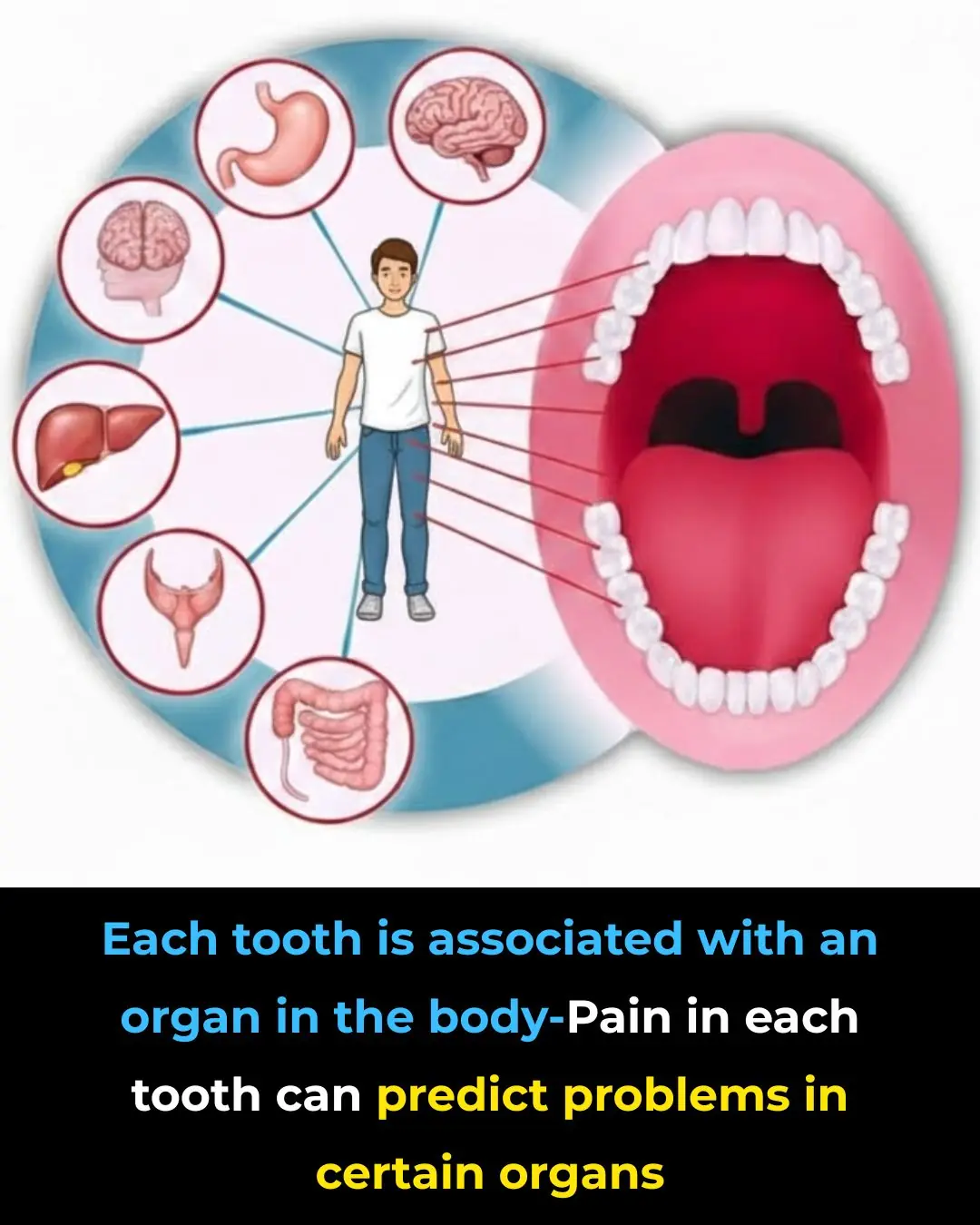
Each Tooth Is Associated With An Organ In The Body – Pain In Each Tooth Can Predict Problems In Certain Organs

Here’s the secret why everyone puts avocados on the fire!
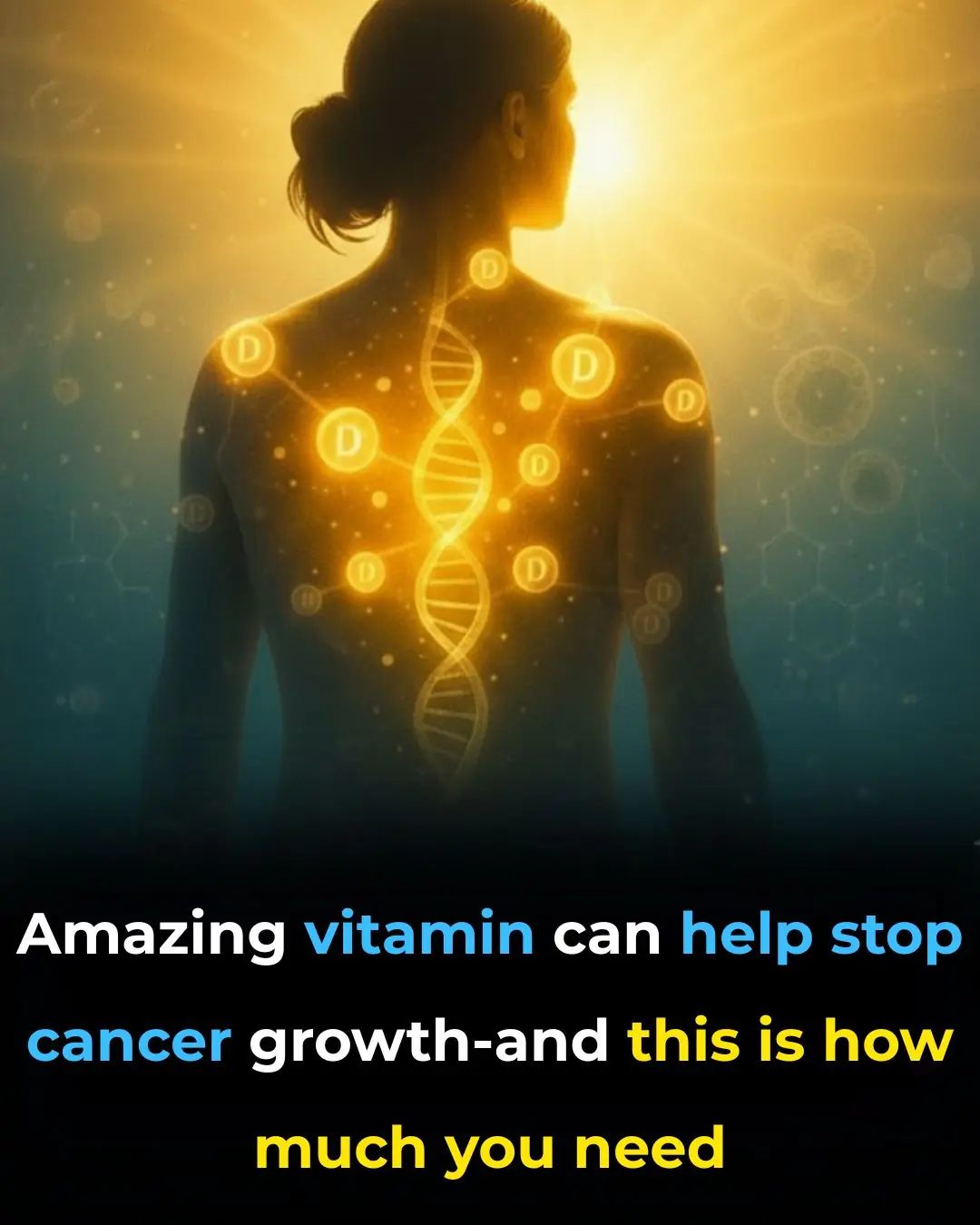
Amazing vitamin can help stop cancer growth and this is how much you need
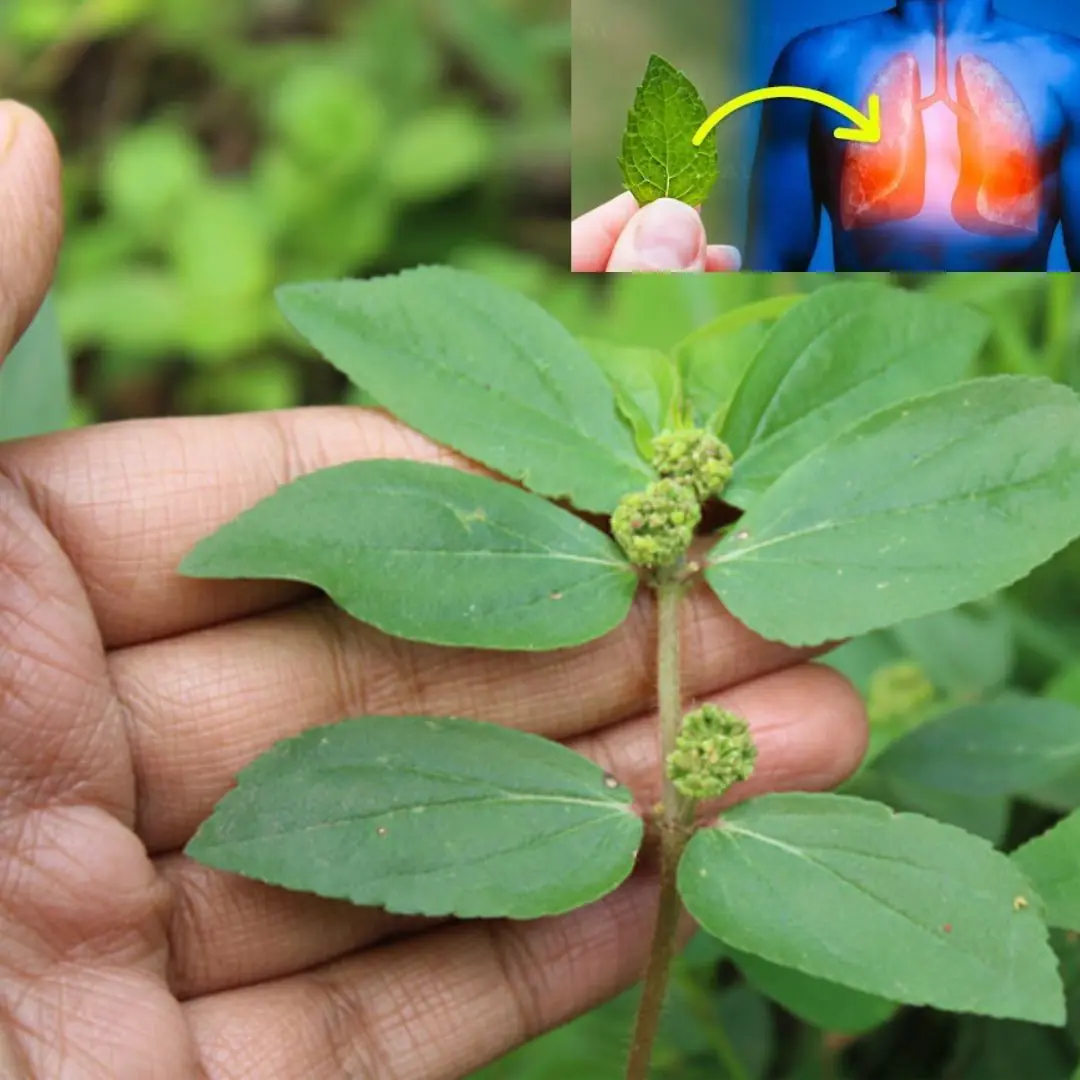
Euphorbia Hirta: 30 Benefits and How to Use It Safely
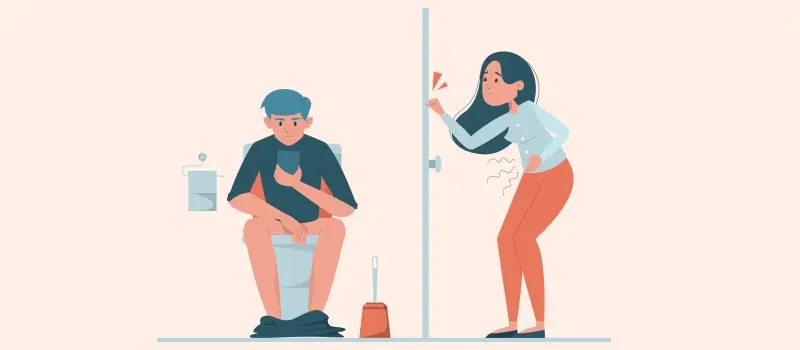
THE BEST HOME REMEDIES THAT END CONSTIPATION FAST AND NATURALLY

Lady places cup of vinegar into microwave. Here’s the genius reason why

Say Goodbye to Diabetes, Fatty Liver, and Joint Pain with This Powerful Remedy!
